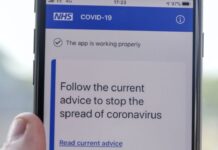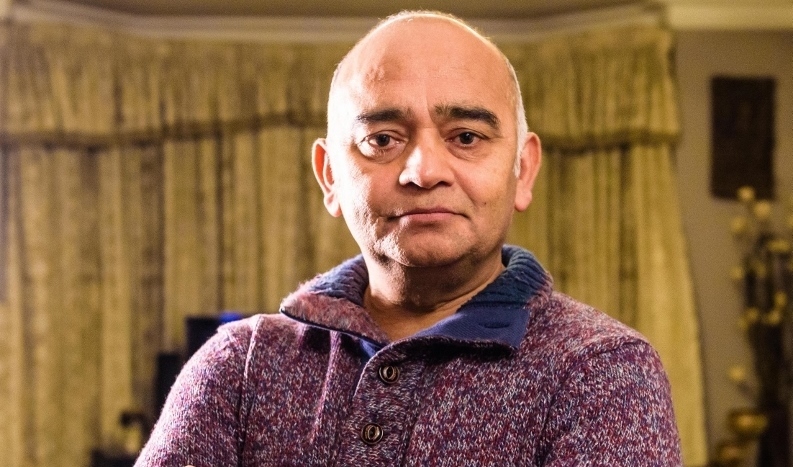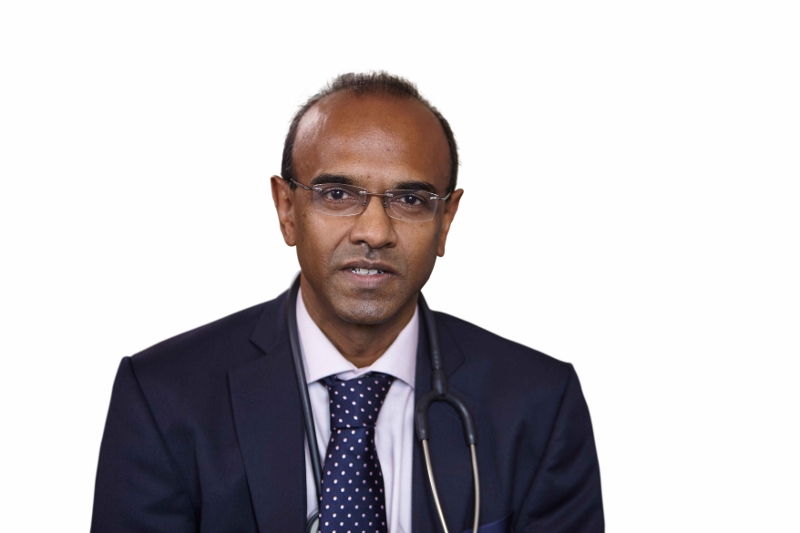
Family, friends and strangers are urged to call 999 as soon as they notice any single one of the three key signs of a stroke
Public Health England has released a series of films as part of the national Act FAST campaign, to help raise awareness of the vital role anyone can play when they see someone having a stroke.
Jaswant Naker from Ealing is featured in a film sharing his story alongside Emmerdale actor Bhasker Patel describing the common signs of stroke. They are joined by Dr Sreeman Andole who highlights why people need to Act FAST and call 999 if they notice any single one of the three key signs of a stroke: Face, Arms, Speech.
Jaswant Naker, stroke survivor said: “It was the quick thinking of my wife that saved my life. She noticed that my speech became slurred whilst watching TV one evening and insisted that I needed urgent medical help, so I was rushed to Hammersmith hospital.
If it wasn’t for my wife I would have ignored the signs and gone to bed to rest, I dread to think what would have happened to me if I had followed my instinct. Three years on and I am well and I value every day of my life.
I urge everyone to know and understand the signs of a stroke and to not take any chances with their life. If you or someone you know is experiencing facial weakness, arm weakness or speech problems, call 999, do not delay. It could save your life, like it did mine.”
Stroke is now the fourth largest cause of death in the UK and South Asians are at a higher risk of having a stroke than their white counterparts due to diabetes and high blood pressure being significant factors causing stroke.
New statistics reveal that stroke kills over 40,000 people a year and almost two thirds leave hospital with a disability. People are most likely to have a stroke when they are 55 years of age or older, but South Asians are at a greater risk of experiencing a stroke at a younger age.
Research shows that 24% of people would wait to call an ambulance because they wrongly believe that they need to see two or more symptoms of stroke to be sure. Other barriers to dialling 999 include feeling that they need permission to act on behalf of others.
Whether you are a stranger in the street, a family member at home or the person themselves – do not ignore the key symptoms, call 999 immediately if you notice even one of the symptoms. Getting appropriate treatment can reduce the amount of brain damage and ensure a better chance of making a good recovery.
Think and Act FAST
• Face – has their face fallen on one side? Can they smile?
• Arms – can they raise both arms and keep them there?
• Speech – is their speech slurred?
• Time – to call 999 if you see any single one of these signs of a stroke














